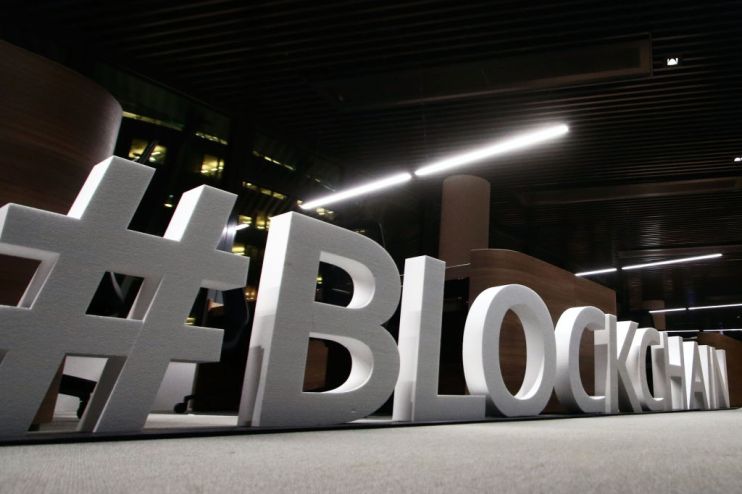A regulated blockchain can empower governments, corporations, and people

For too long, blockchain has been regarded as an obscure technology powering an industry that cannot be trusted.
According to a recent trust survey by Edelman, three in four people said they were not familiar with blockchain and cryptocurrencies, while 60 per cent believed that these technologies were not regulated enough.
So how can we change this perception and ensure that blockchain can live up to its transformative potential?
Leading industry figures, who can be credited with creating some of the most well-known blockchain networks, have advocated the cause of decentralisation above all else. There are different groups and their segregated systems advocate anonymity and, to some extent, chaos.
But I believe that to truly transform the world we live in, a regulated blockchain is needed.
We need to stop thinking about blockchain from a purely technological viewpoint and start thinking of it from the perspective of improving people’s lives. It needs to be constantly delivering value for people as part of their everyday experience if it is to gain their trust.
Understanding how we communicate as human beings is something of fundamental importance that has been totally missed by the people advocating for blockchain technology to date.
It is human nature to want to know and understand the person you interact with; this is how we come to trust, and then deal, with them. By advocating for anonymity and a lack of regulation above everything else, I believe that the blockchain and crypto industry has miscalculated a fundamental characteristic of who we are and how we like to do business.
What we require is an infrastructure that addresses the needs of society now and into the future. The solution? A single blockchain consensus operating system that is regulated, efficient, and secure.
So far, the blockchain and crypto industry has rejected the role of government in any decentralised system. This is a mistake. It ignores the crucial role that a government, as a representative of the people themselves, plays in all our lives.
The US constitution starts with the words “we the people”. Governments and corporations often seem to be unable to meet the needs of the individuals they serve. But what is often forgotten is that all these institutions, even the largest, are just groups of people coming together to form a collective entity.
To illustrate this point, let’s look at some familiar examples from the real world. When a child is born, who registers the birth of this new individual? And when two people get married, who confirms this union has occurred? It is a hospital and a registry office respectively but, ultimately, it is the government that allows these institutions to do so, and we accept this because the government is acting as the agreed agent of society.
In the world of blockchain and crypto as it exists today, the answer to who decides whether these interactions took place is “the network”, If this is a satisfactory answer for you, fair enough. Personally, I believe it is not sufficient and will never work in practice.
Instead, what is needed is a blockchain consensus operating system that allows the three layers of governments, corporations and individuals to operate efficiently and securely in a digitalized economy that reflects the actual world we live in.
Governments must play a leading role in this unique triple layer consensus system, because they are the representative entities for all the individuals in a network. The Bank of England has recently accepted submissions for a Central Bank Digital Currency, as a number of central authorities — including the US Treasury — also consider how blockchain can ensure they remain relevant in a digitalised twenty-first century.
The technology is now at a stage where it is advanced enough to be able to tackle inefficiencies at the core of central authorities, and the City of London is set to be the first mover in its implementation.
The 195 UN-recognised sovereign states should all operate a super node at the governmental layer. These super nodes can then interact with one another via a protocol that ensures consensus between them.
The role of government must extend to controlling registration and onboarding. Businesses and individuals would then be verified by the super nodes, at which point they can start to interact with other entities. These interactions would all be automated via smart contracts, making society’s transactions highly secure, more efficient, fully auditable, and bringing the benefits to whole economies.
It is the potential for this transformative effect on the lives of people that has led me to build the system I describe. I believe that only a regulated blockchain, empowering all layers of society to interact in a mutually beneficial manner that has never been possible before, represents a future for this phenomenal technology to become an accepted and valued reality.
Main image credit: Getty